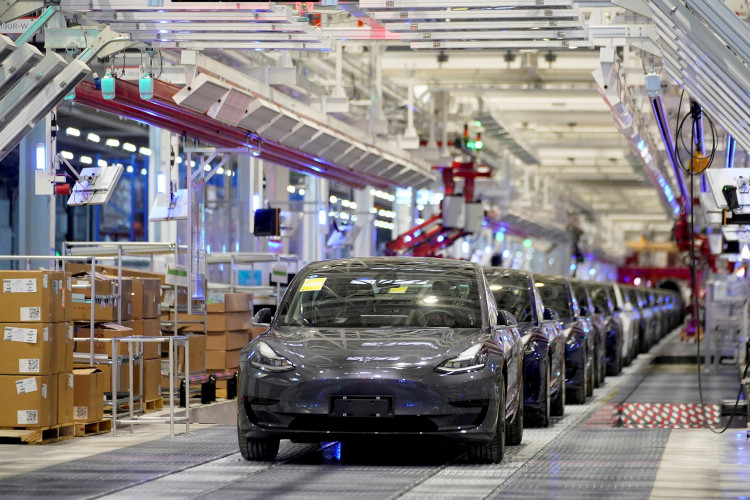Tesla, the pioneering electric vehicle manufacturer, is facing a pivotal moment as it implements sweeping global job cuts affecting its largest markets, the United States and China, according to Reuters. Amid declining sales and heightened competition, particularly in the electric vehicle sector, Tesla is streamlining its operations by reducing its workforce across various departments including sales, tech, and engineering.
CEO Elon Musk disclosed the job cuts in an internal memo, which revealed that over 10% of Tesla's global workforce would be let go. This decision reflects the company's response to an intensifying price war with rivals and a noticeable dip in sales. The layoffs are happening across several U.S.-based service centers, affecting primarily sales staff and technicians. In China, Tesla's largest market after the U.S., significant reductions are also underway within the sales team, signaling a broad impact across the company.
The job reductions come at a time when Tesla's stock has experienced volatility, with shares dropping by 5.6% following the announcement. The layoffs highlight the challenges Tesla faces, including the need to maintain profitability while continuing to innovate in a fiercely competitive market.
Tesla's approach to managing these layoffs varies by region. In Germany, where labor laws are stringent, the company emphasized that any employment adjustments at the Gigafactory Berlin-Brandenburg would be handled in compliance with local labor laws and in consultation with the works council. This cautious approach contrasts with the more direct job cuts implemented in the U.S. and China.
The electric vehicle market in China is particularly challenging for Tesla, given the aggressive competition from local manufacturers like BYD, which have been rapidly rolling out new models. This competition is a key driver behind the job cuts, as Tesla aims to streamline its operations to better compete in this critical market.
Analysts have noted that Tesla is navigating significant cost pressures as it continues to invest in new models and artificial intelligence technologies. These investments are essential for Tesla to maintain its leading position in the electric vehicle industry but have led to financial strains as evidenced by the recent job cuts.
The timing of the layoffs coincides with Musk's planned visit to India, where he is expected to discuss new investments with Prime Minister Narendra Modi. This visit is part of Tesla's broader strategy to expand its manufacturing footprint and tap into new markets. India presents a significant opportunity for Tesla, given the country's growing focus on electric vehicles and its potential as a manufacturing hub.
The global job cuts underscore a period of adjustment for Tesla as it seeks to align its workforce and operational strategies with the current market realities. These changes are aimed at making Tesla more agile and competitive as it prepares for its next phase of growth. While the layoffs are a tough decision, they are seen as necessary for Tesla to remain innovative and financially healthy in a rapidly evolving market.
As Tesla navigates these changes, the impact of its decisions will be closely watched by investors and industry observers alike. The company's ability to manage these challenges while continuing to innovate and expand into new markets will be critical for its long-term success. Meanwhile, the electric vehicle market continues to grow more competitive, requiring Tesla to make strategic adjustments to maintain its leadership position.




